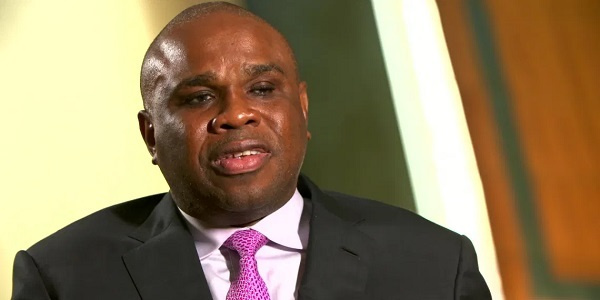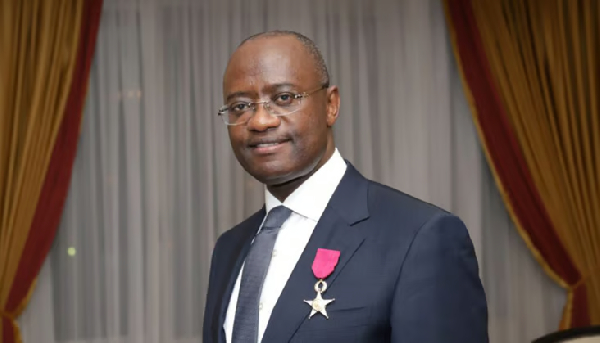The President of the Africa Export-Import Bank (Afreximbank), Prof. Benedict Oramah, says the bank has mobilized over $250 billion for Africa’s growth and development.
He made the disclosure at the 32nd Afreximbank Annual Meetings (AAM), in Abuja holding from 25 to 28 June 2025, adding that the money was mobilised to fund developmental projects across Africa.
He said, “With the backing of the Nigerian Government and the collective efforts of all our stakeholders, we have positioned the Bank at the forefront of Africa’s socio-economic battle and rallied the support of political leaders and policymakers behind it.
The 32nd Annual Meetings, therefore, offer us the opportunity to reflect on over three decades of shared resilience, innovation, and transformation across the African continent.
“Over the past 32 years, we have mobilised over $250 billion into Africa, empowered industries long neglected by conventional financiers, and served as a lifeline during crises – from the COVID-19 pandemic to commodity shocks and broken supply chains.
“The story of Afreximbank is one of defiance against doubt; of institution-building in the face of resistance, and of steadfast belief in Africa’s potential,” he said.
He added that his 10 years as president of the bank has exposed him to the development challenges.
Also speaking, Nigeria’s Vice President Kashim Shettima stated that the country remains one of the biggest beneficiaries of Afreximbank’s credit facility disbursements with over $52 billion so far received.
Shettima, represented by special adviser to the President on Economic Matters, Dr Tope Fasua said, “Since its foundation here in Abuja in 1993, Afrexim Bank has grown from a regional trade financier into a continental development anchor.
“The bank has mobilized and disbursed more than $100 billion across Africa and over $52 billion to Nigeria, more than any other country on the continent. Therefore we remain the biggest shareholders and biggest beneficiaries.
“In Nigeria alone, Afreximbank’s transformative footprint includes the African Trade Center, commissioned here in Abuja, which now serves as a nucleus for policy innovation, trade facilitation, and business intelligence; the African Medical Center of Excellence, which opened just weeks ago, providing world-class oncology, cardiology, and dermatology services, and reducing the over $1 billion spent annually on medical tourism, and; the African Quality Assurance Centers in Kaduna and Ogun states, strengthening the export resilience of Nigerian products.
“Also, they have established a $300 million export manufacturing initiative, strategically located in Cross River, Enugu, Imo, and Kano states to catalyze industrial clusters and the pivotal $3 billion Intra-Africa Petroleum Trade Facility, enhancing Nigeria’s energy security and supporting domestic refining capacity.
“These are not merely projects, they are strategic investments in resilience, in sovereignty and in shared prosperity,” he said
Also speaking, Central Bank governor, Olayemi Cardoso urged African leaders, financial institutions, and private sector to accelerate development initiatives that will curb the continents’ vulnerability to external shocks.
He said, “At a time of shifting geopolitical tensions and growing economic fragmentation, Cardoso warned that Africa must not remain vulnerable to external forces.”
…Non-resident investment accounts attracting diaspora remittances
Cardoso further stated that the introduction of the new diaspora-friendly financial products, including the Non-Resident Nigerian Ordinary Account (NRNOA) and the Non-Resident Nigerian Investment Account (NRNIA) by the CBN are already boosting remittances into the country
He commended the institution’s evolution since its founding in Abuja in 1993, highlighting its journey from modest beginnings to a continental financial enabler.
He said the goal of the investment account is to harness diaspora capital and boost remittances to support naira stability and economic growth.
“This would harness the economic potential of Nigerians in the diaspora by boosting remittances and fostering investment in critical sectors of the economy,” Cardoso stated.












